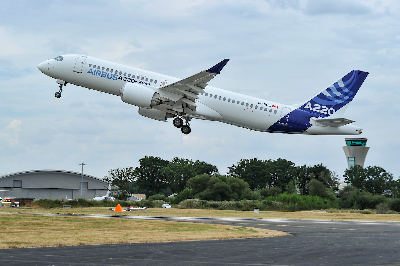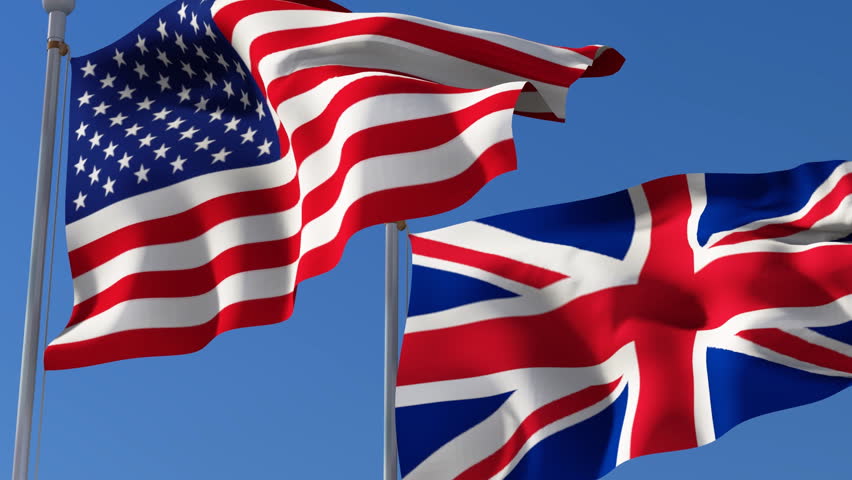
Written by Matt Hogsden, Industry Secondee
The combination of Brexit and COVID-19 has been described as the perfect storm for UK firms, especially aerospace. In the first of two blogs, we look at how Brexit affects aerospace skills;then we will explore the impact of COVID-19.
The UK has a world leading aerospace industry, directly employing 114,000 people, including 4,500 apprentices. These include many skilled roles with mean earnings 42% higher than the national average. It is closely aligned with Europe; the UK hosts several pan-European companies, and half of all exports in 2019 were destined for the EU. Therefore, Brexit poses several challenges to UK skills, especially in research and development (R&D), manufacturing, and maintenance, repair and overhaul (MRO).
Restricted freedom of movement will particularly impact R&D jobs. According to the Aerospace Technology Institute, “EU nationals working and studying in the UK… play a large role in UK aerospace R&D. Losing or restricting access to skills would be detrimental to the UK’s position as a technology leader.” UK companies may also be excluded from EU R&D programmes.
A competitive supply chain is essential for manufacturing skills. Tariffs on raw materials and unfinished parts (as exempt from the WTO Agreement on Trade in Civil Aircraft) will drive cost into the supply chain, adversely impacting production jobs.
Much of the sector relies on the just-in-time principle. Estimates suggest that delayed customs and border controls will cost the UK an extra £1.5bn per year, with MRO companies particularly vulnerable.
Leaving the EU Aviation Safety Agency (EASA) compounds all the above. With Bilateral Aviation Safety Agreement (BASA) negotiations ongoing, there is currently no agreement for mutual recognition of design, production or maintenance authorities. This will not only restrict on industry’s ability to deliver to the export market upon which it depends but also puts at risk the professional qualifications and certifications held by the workforce, which could exacerbate the skills shortages already in existence. UK aerospace companies will also need to adjust to new BASAs with the USA, Canada and Brazil.
Brexit may provide some opportunities, such as the extra 350 jobs required to re-build the capability of the Civil Aviation Authority (CAA). However, estimates suggest this will cost an extra £20-40m per year for the next 5-10 years. Negotiation of new trade deals could lead to more business development roles, although currently aerospace exports actually benefit from membership of EASA.
Ultimately, Brexit is a challenge to UK competitiveness, and therefore to skills. The exact areas under threat depend on the details of the future relationship with the EU.
Check back for our next blog where we look at the impact of COVID-19 on aerospace skills.





